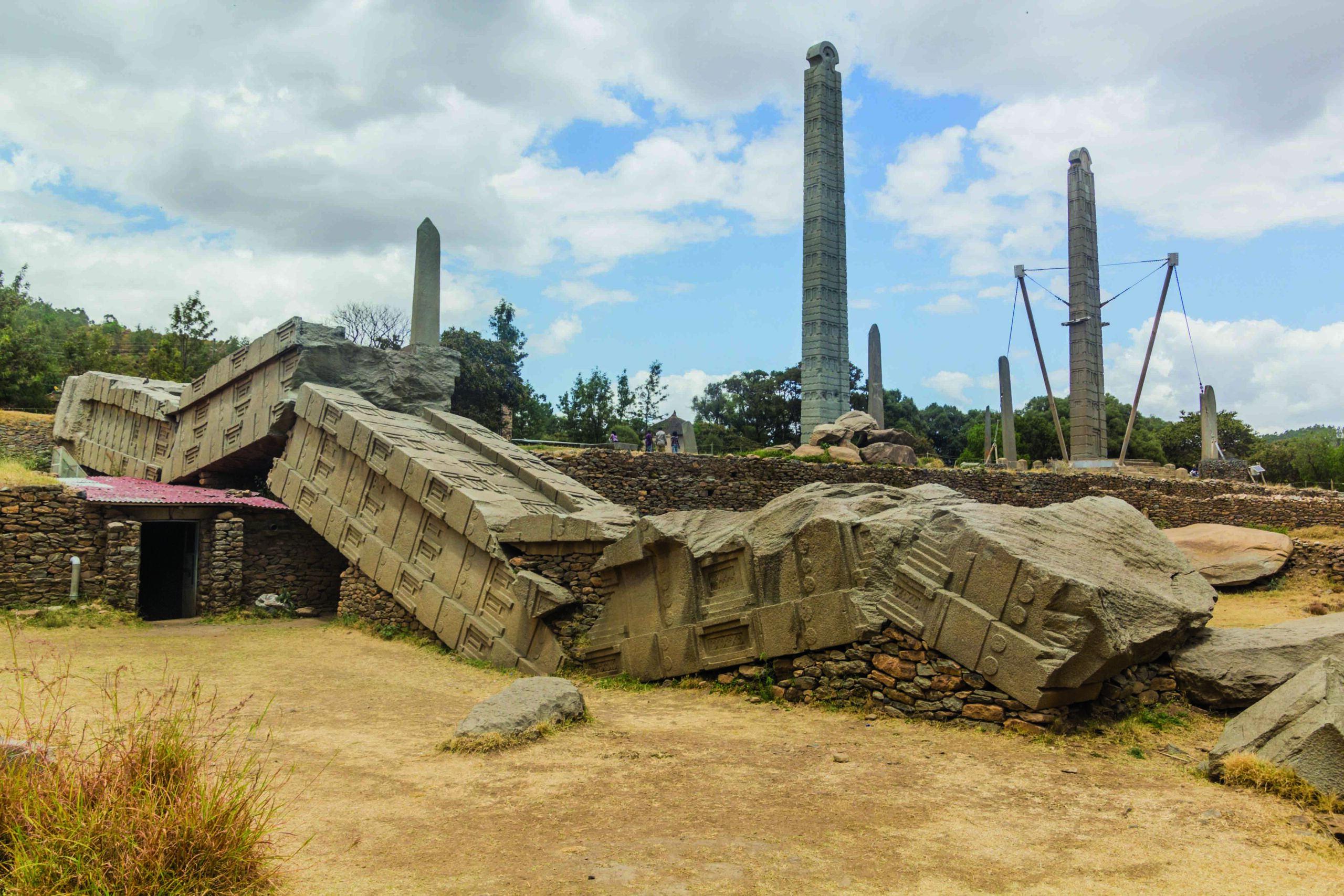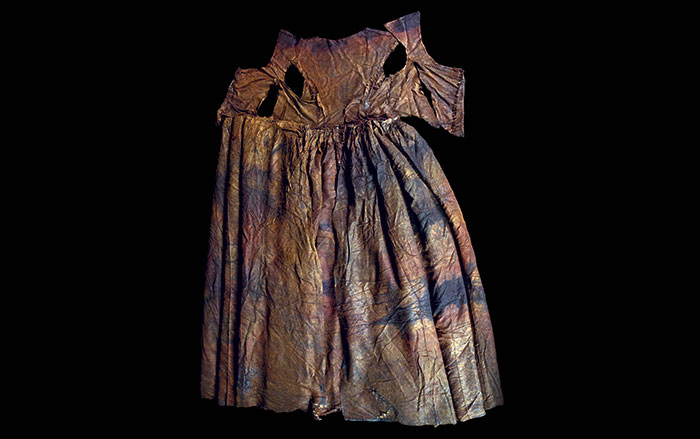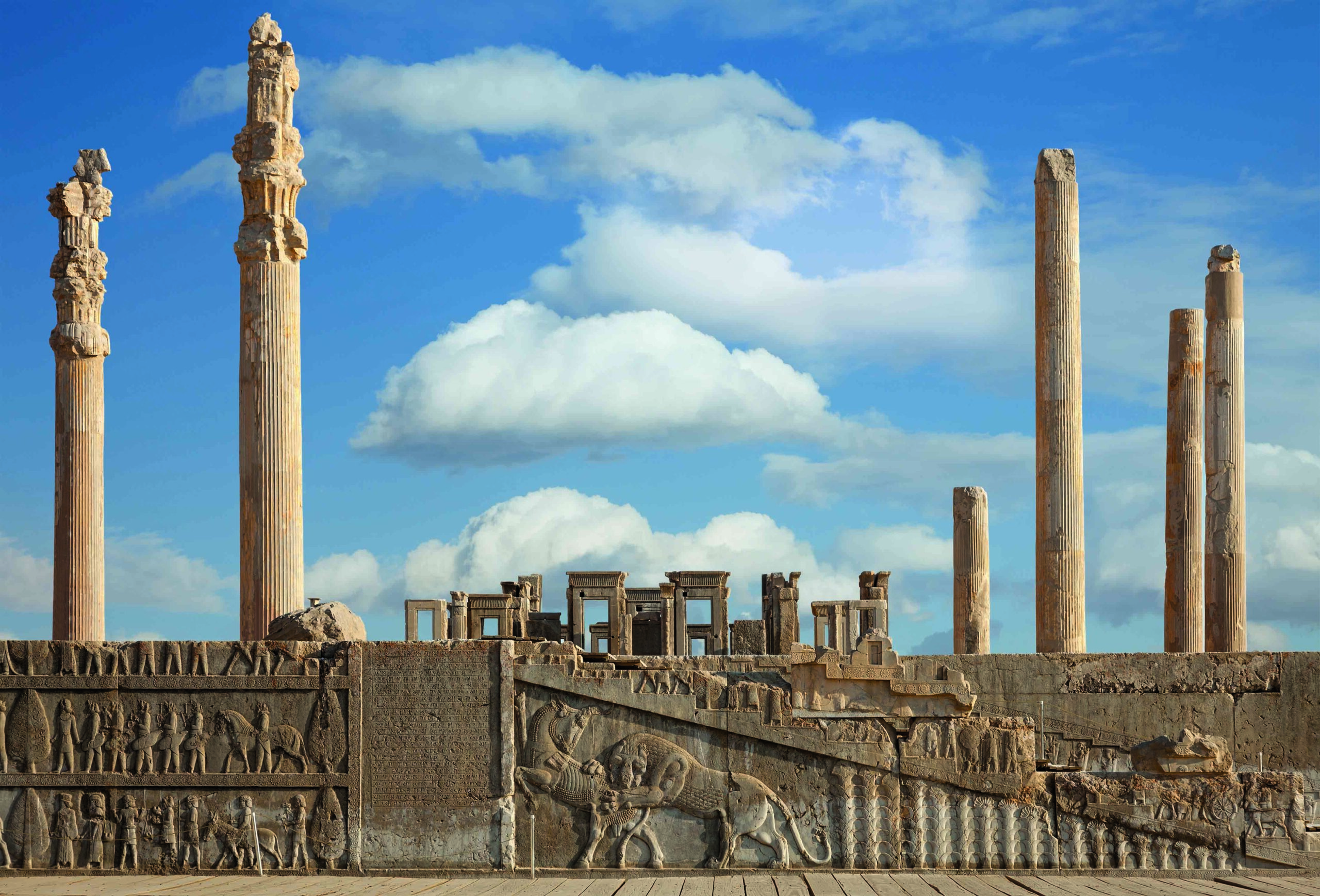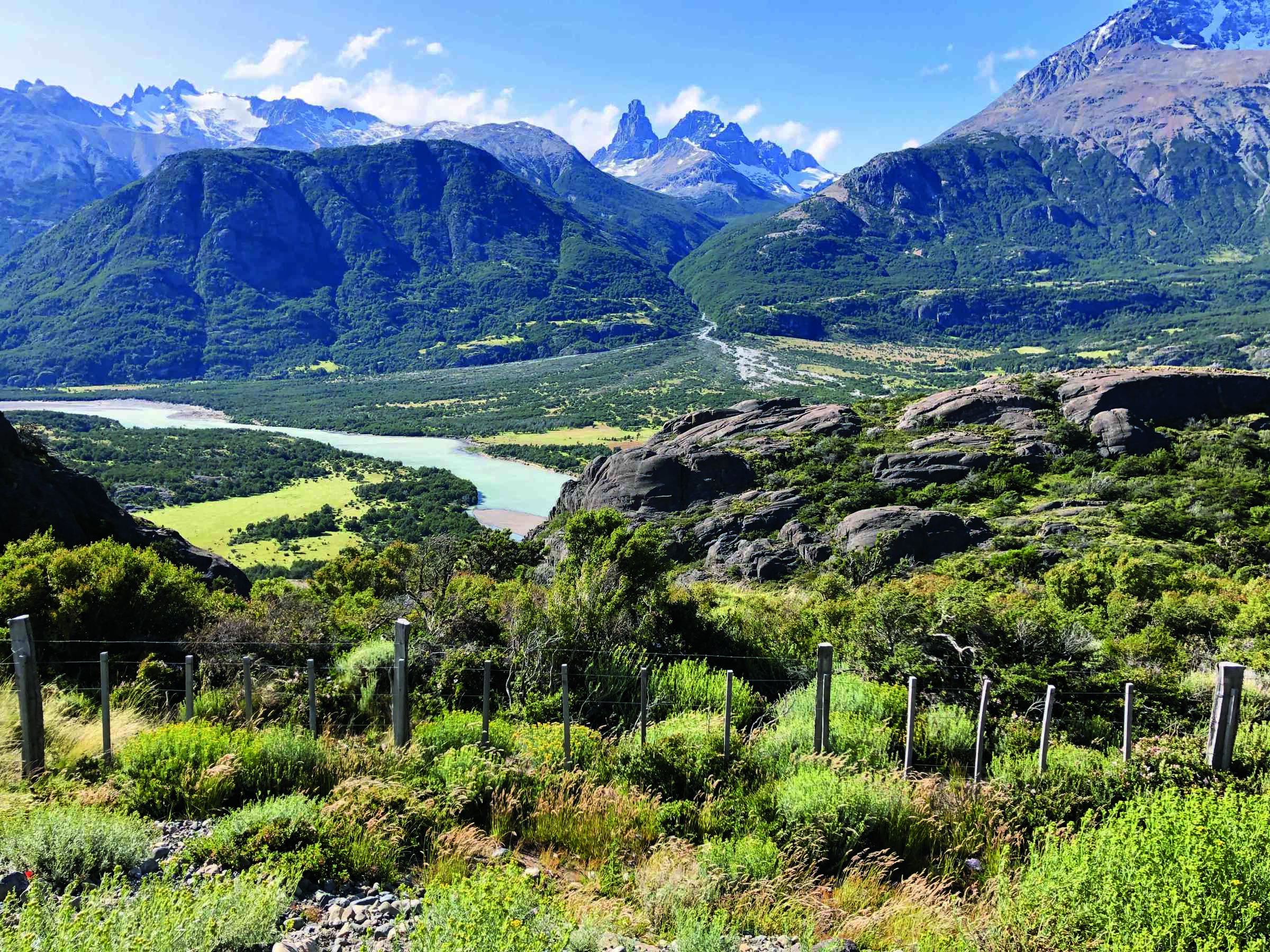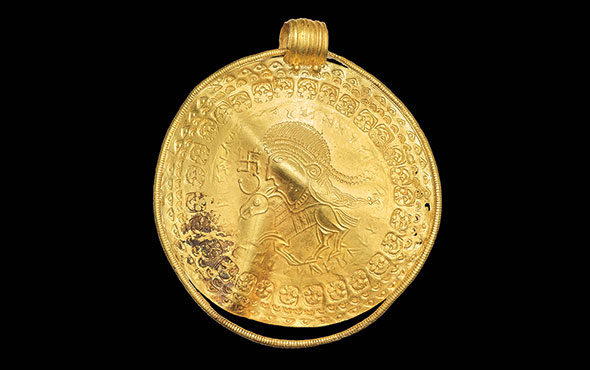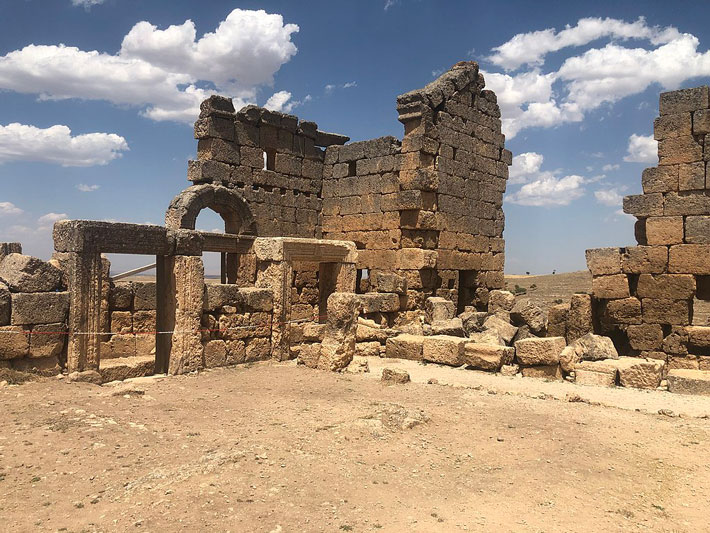
DIYARBAKIR PROVINCE, TURKEY—NPR reports that archaeologists have unearthed sprawling pre-Roman structures beneath Zerzevan Castle, a Mesopotamian Roman-era fortress that was declared a UNESCO World Heritage Site in 2020, in present-day southeastern Turkey. In recent years, archaeologist Aytac Coskun and his team have excavated an underground church, a water canal that spans several miles, and a collection of objects including a rock altar, an ornate Roman bronze bucket used for baptisms, and a potentially 3,000-year-old carved Assyrian stamp. According to Coskun, the roughly 600,000-square-foot castle had residential spaces that may have harbored some 1,500 during times of peace—a number which stretched up to 10,000 in times of war. His team has excavated six subterranean residential structures so far, says Coskun, though as many as 100 more may exist. “We've only dug around 10% of the area on the surface within the castle walls, and beyond the castle walls," Coskun said. The team's finds include living areas, a canal, an elite, necropolis and ceremonial areas, he added. To read more about archaeology in Turkey, including the world’s oldest known polychrome floor mosaic, go to "Polychrome Patchwork."






